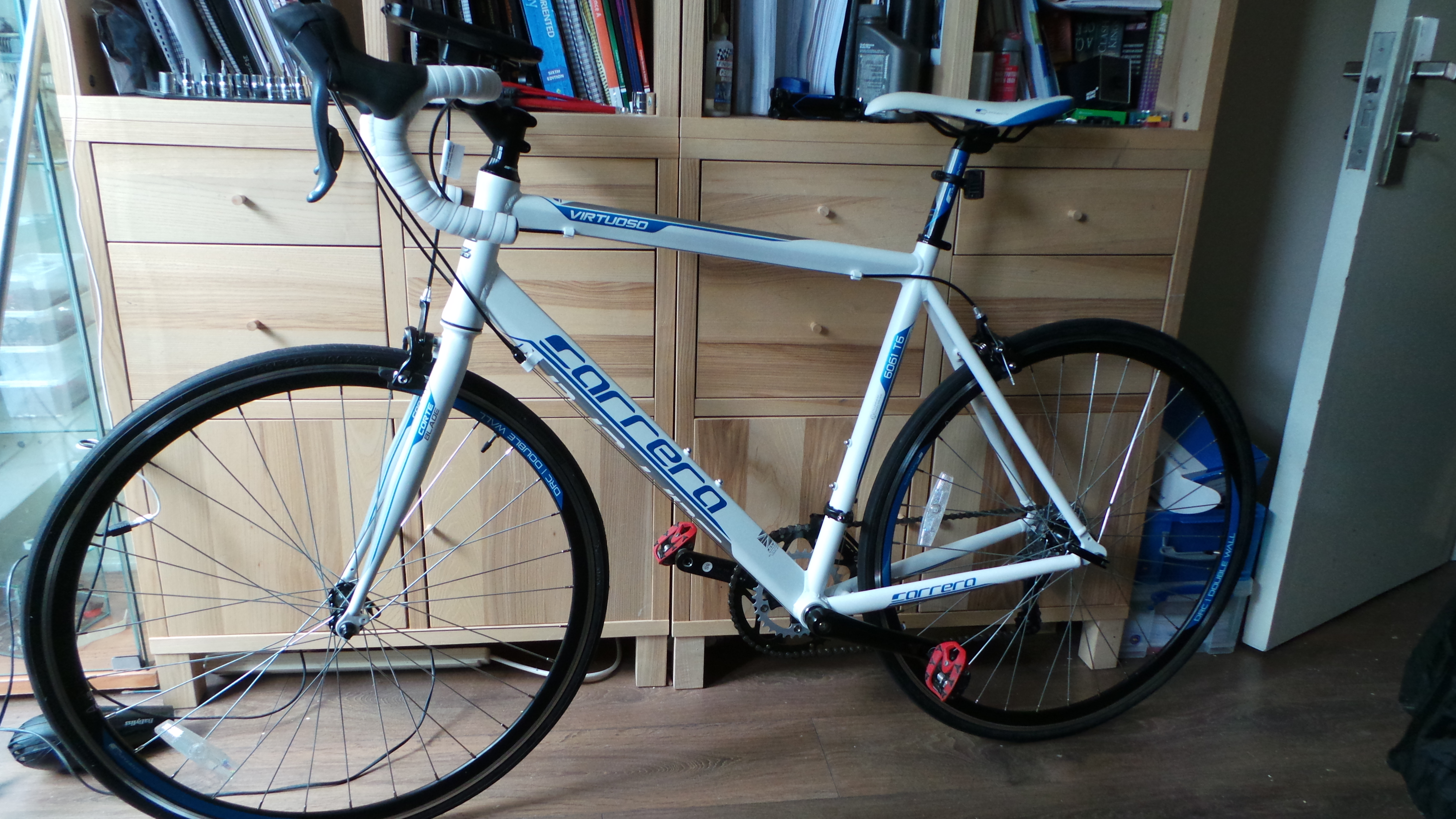Car Recommendations for New & Learner Drivers

Everyone remembers the excitement of getting on the road for the first time as a new or learner driver. There’s nothing quite like that feeling of freedom or the sense of adventure that awaits. Actually purchasing your new car can be a little tricker, though; there’s so much information out there, it’s natural to feel a little overwhelmed or confused. We’ve all been there, so Liberty Insurance have put together five key questions that will help you narrow down your choices – and make sure you get the best start to your driving life.
New or Second-hand?
For most people, the first car they buy is usually used, and perhaps even a number of years old. Second-hand cars tend to be more affordable, as cars depreciate more in their first couple of years on the road. A used car also means you don’t have to worry too much about getting the odd scratch on the paintwork – most cars will pick up a couple of bangs and bruises over time.
If you have a higher budget, there are benefits to buying a new car too, which can include a warranty, service pack, or low interest rates on loans. It pays to visit your local dealership and check out national consumer advice guides to make sure you buy the right car for you and your circumstances.
Manual or Automatic?
For a long time, most of the cars in Ireland had manual transmission, i.e., a gear stick you had to manually move to guide the car up and down its gears. In recent years, automatic transmission – where the car moves itself through the gears – has become much more popular. There are a number of reasons for this: automatic cars are more comfortable to drive in traffic, and many consider them easier for learner drivers to use, as they avoid the common challenges of starting on a hill or cutting out at traffic lights.
However, it’s important to bear in mind that automatic cars are usually more expensive to purchase, and older models can be less efficient to drive too. Crucially for novice drivers, a successful driving test in an automatic car means you can drive only cars with automatic transmission, while a successful driving test in a manual car means you can drive both. Speak to your driving instructor to learn more about both options.
Accessibility
Technology has come a long way when it comes to providing adapted vehicles allowing for ease of use by disabled people. Cars can now be designed so that disabled drivers can regain and retain independence with a range of disability driving aids, such as hand controls, pedal adaptations, remote control devices, steering aids, and much more.
If you are disabled you will need to also consider the rules regarding parking spaces, particularly things like disabled car parking space dimensions. Accessible parking bays are essential for disabled motorists that need extra room to safely get into and out of vehicles. The average car parking space just isn’t big enough to accommodate some mobility aids. Without disabled car parking bays, a significant portion of the population would be unable to access the same facilities, services and goods as everyone else.
Diesel, Petrol, Electric or Hybrid?
How we fuel our cars is a big topic of conversation these days, for environmental and financial reasons. Much can depend on your personal preferences, your annual mileage and your purchasing and fuelling budget. While we’ve come a long way in terms of charging stations in Ireland, where you live might have a bearing on your choices too.
The Society of the Irish Motor Industry (SIMI) reported that new electric car registrations reached their highest month on record in January 2022, which means that there should be more electric vehicles (EVs) filtering down to the used car market over the next couple of years. In the meantime, the Sustainable Energy Authority of Ireland (SEAI) has a lot of good information that can help you narrow down your choices and figure out what is the best option for you.
Mini or Minivan?
Like people, cars come in all shapes and sizes, and it’s important that you take the time to choose the right one for you. A lot of learner or newly-qualified drivers prefer to start small, so they’re not feeling under too much pressure when navigating narrow streets or squeezing into tiny parking spaces.
However, depending on your commute, family size or personal preference, you might decide to move up through the models – talking to a salesperson in a car dealership will help you figure out the right car for you. If you regularly use a wheelchair, a pram, a bicycle or a set of golf clubs, it might be a good idea to bring it with you to the car showroom to see if it fits in the car’s boot. If it doesn’t, you know it’s probably not the car for you.
Third Party Only, Third Party Fire & Theft or Fully Comprehensive?
All drivers, whether they’re learners, newly-qualified, or experienced, have to have motor insurance. Most people will choose between Comprehensive, Third Party Fire and Theft or Third Party Only insurance, but it’s not always clear which is the best option for you. Both policies offer protection and peace of mind, but one might suit you more than the other, depending on your circumstances, your budget and your car. The Competition and Consumer Protection Commission is a great resource to help you compare the two policy options.
The most important thing is to get car insurance you can trust. Accidents can happen to anyone, and when things go wrong, you’ll want someone in your corner. Find a great value car insurance quote from Liberty Insurance.
Whatever you choose to drive, and wherever you prefer to go, Liberty Insurance is here for all motorists, including learners and newly-qualified drivers. Life’s complicated – but your car insurance doesn’t have to be.
*Correct as of 28/02/2022. This article has been written and provided by Liberty Insurance. #ad





